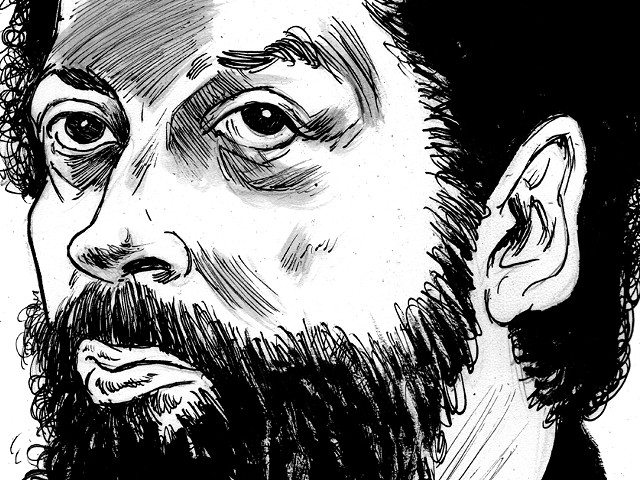It was 1979 when Dr. William Shearer first met 7-year-old David Vetter, the Texas boy who was born without an immune system and lived in a series of NASA-designed plastic bubbles.
Many years later, Shearer recalled that first meeting on his blog. "He immediately put his arms in the gloves extending from his plastic isolator system to shake my hand and began quizzing me to make sure I understood that he was special and was competent enough to care for him," Shearer wrote.
Theirs would be a brief relationship; David died in 1984 at age 12 after an unsuccessful bone marrow transplant in an attempt to cure him of his severe combined immunodeficiency. Despite its brevity, the relationship would have a lasting legacy.
"He was like his father at the hospital, another dad," David's father told The New York Times. "They had a real strong rapport, and David loved him."
Shearer died this October from complications from polymyositis, an inflammatory disease that causes muscle weakness. Born in Detroit in 1937, he earned a bachelor's degree in chemistry from University of Detroit and a Ph.D. in biochemistry from Wayne State University, and graduated from the Washington University School of Medicine in 1970. He later completed pediatrics and immunology residencies in St. Louis before moving to Baylor College of Medicine and Texas Children's Hospital, where he treated David.
David's was a lonely life. His older brother died from SCID, and his parents knew if they had another boy there was a 50-50 chance he could also have the hereditary disease. As soon as he was born, David was placed into his first plastic bubble. Any objects like toys had to be sterilized and placed through a series of air locks, and he could never touch another human.
Under Shearer's care, the case of David — a handsome boy who loved Star Wars and the Texas Oilers — captivated audiences around the world, with Shearer serving as its face. While Shearer often remarked on David's resilience, observing his despair at living in isolation — he reportedly had recurring nightmares about his condition — caused Shearer to debate the ethics of keeping the boy trapped in his plastic cage. At one point, he suggested removing David from the bubble and trying other treatment methods, but David's parents pushed for keeping him in until a suitable bone marrow donor could be found.
In 1984, Shearer performed the long-awaited procedure. It didn't work, and David soon became sick from a lymph node cancer caused by an undetected virus in the marrow. He lived his final 15 days outside of his bubble in a hospital room, where his mother kissed him for the first time.
Shearer appeared on television to announce David's death, which he would later call one of the most difficult times of his life. But his story with David wasn't over: With samples of David's blood, Shearer determined that David died from an infection from the Epstein-Barr virus, and later identified a gene that causes immune deficiencies. His discoveries would help create a test for the condition in newborns. Thanks in part to Shearer's research, children with immune diseases are now able to live without plastic bubbles, and today more than 90 percent can be successfully treated with bone marrow and stem cell transplants within their first 28 days of life.
After David's death, Shearer founded the David Center at Texas Children's, a wing focused on treatment of immune diseases named in honor of his former patient and friend. He later focused his research on HIV and AIDS, participating in studies that led to the treatment and prevention of HIV and AIDS in children.
"People often ask what's the measure of someone's life, but very few people stood as tall as David," Dr. Shearer told the Houston Chronicle in 2009. "More than any scientist, he taught us by his life."
From "The people who died, 2018."
Next: Dorcas Reilly, inventor of the green bean casserole.
Previous: Hamiet Bluiett, progressive jazz titan.






